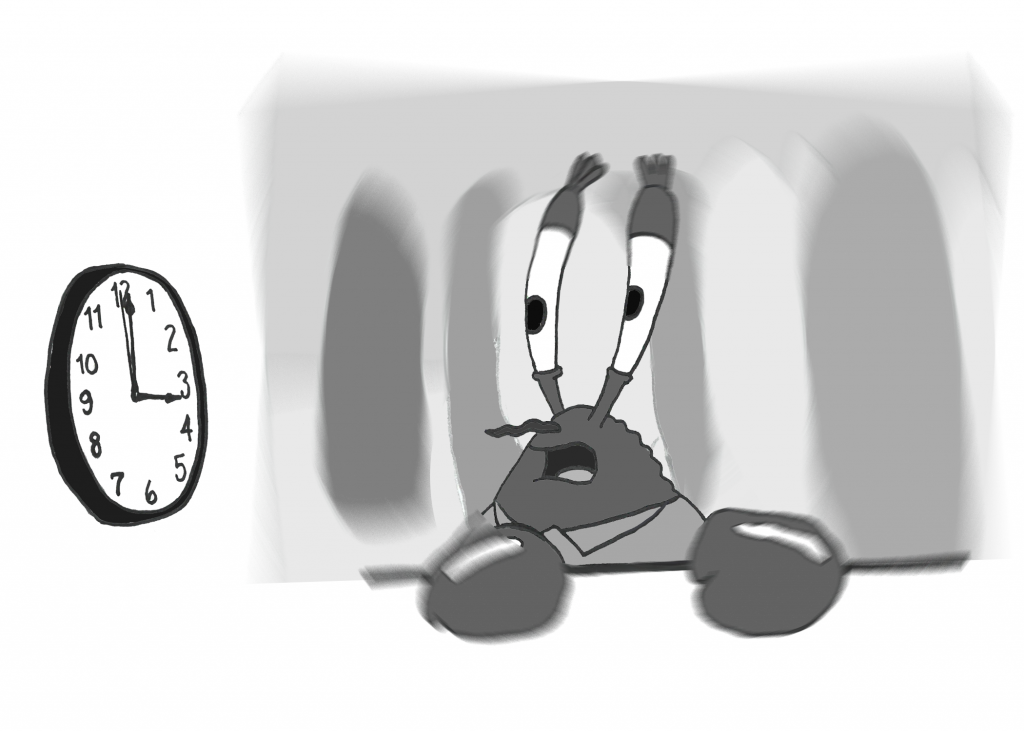Challagundla weighs in on if consuming means condoning following recent events with several musical artists.
Art can be expressed in many ways, like through music, drawings, paintings and more.
These artistic representations are often very closely related to or depict something about the creator, whether these depictions are telling of an event they went through or maybe an emotion that the artist was feeling while creating the art piece.
These artists are just people. They aren’t holy beings who are immune to negative behavior. Therefore, they sometimes are not the most agreeable people.
This brings up the question: Can we, the viewers or listeners, still enjoy the art without having to agree with the artist’s opinions?
I believe we can.
While art is depicting what the artist wanted it to, that doesn’t mean that we can’t put our own meaning to it.
For example, if you had a favorite song that has always helped to bring you out of a bad mood and has made your day better, but then the artist says controversial things on various forms of media, does that hinder your enjoyment of the song?
For me, personally, it does not, because when I hear the song, it reminds me of the good times that I’ve had while listening to the song and all the memories with it. In fact, I almost never think of who is singing the song.
While I do understand the notion of not supporting a certain artist due to their controversial stances, I also believe that one should not stop enjoying something due to the person that has produced said art.
If that art is irreplicable, why deprive yourself of a good time and memories?
Boycotting an artist will not only affect the artist but also the many people involved in creating that art.
Using music as an example, by not listening to a certain artist, you are not only harming the artist but also harming the producers and songwriters, as well as many others involved with the creation of the song.
Although the thought process of trying to harm an artist by not giving them any revenue is not wrong, the artist likely has other sources to get money from and really the only people that are harmed are the people that depend on the art being listened to.
Although I have only talked about music, this topic is not limited to music. Pablo Picasso is a world-famous artist known as a pioneer in modern art, mainly known for his very famous works like “The Weeping Woman.” It has been said that he was a misogynist.
When we think of Picasso, we think of his amazing artistic talent and artistic pieces that he produced, not the fact that he is characterized as a womanizer and misogynist.
The art can be separated from the artist.
We must not look at the art as a creation of the artist, but we must look at art as how we want to interpret it, with almost a life of its own.
Whether in a good or bad light, at the end of the day, it is up to us to decide if we want to consume art or not, and therefore, we should make decisions on how the piece affects us, not how the artist affects us.
By Sai Challagundla
schallagundla@vwu.edu

